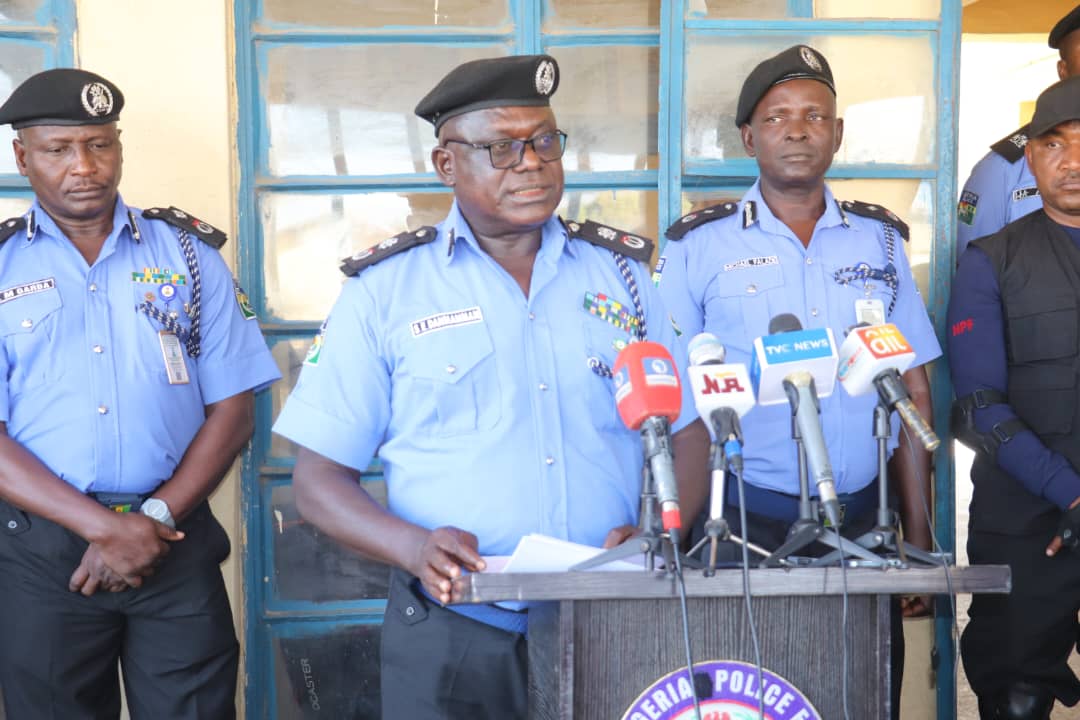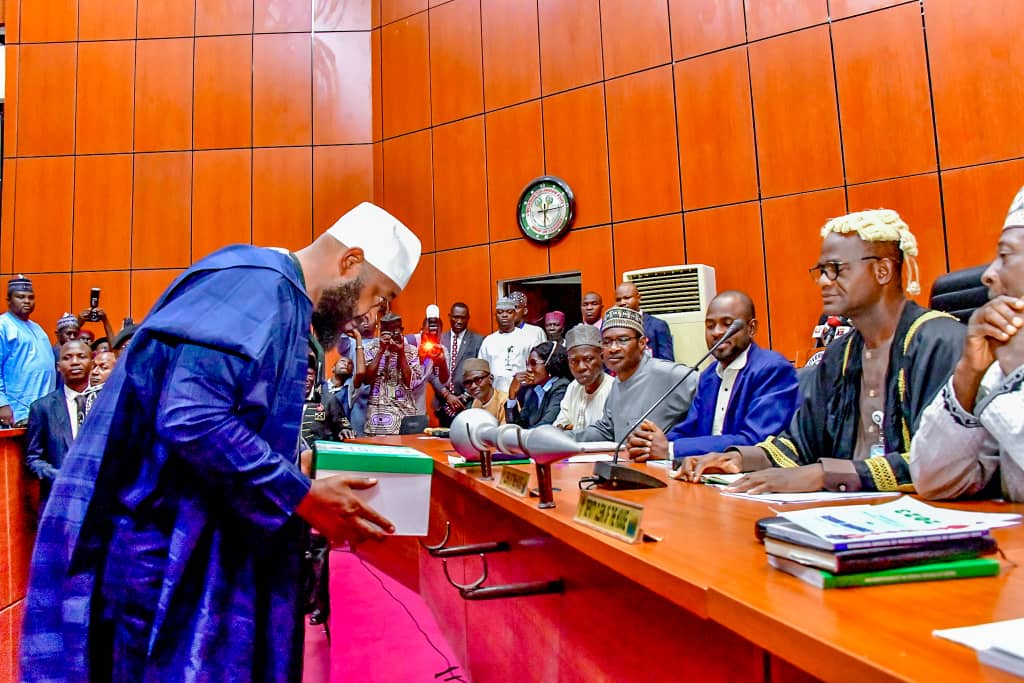Niger deploys robust measures to curb cholera
Niger State Commissioner for Primary Healthcare, Dr. Ahmed Ibrahim Dangana, announced that the state has deployed effective measures to curb the spread of cholera.
The commissioner made this disclosure yesterday while briefing journalists after the inaugural meeting of the state taskforce on primary healthcare and immunisation, chaired by Deputy Governor Comrade Yakubu Garba.
Dr. Dangana revealed that the state had recorded 165 cases of cholera across five local governments: Paikoro, Gurara, Suleja, Katcha, and Bosso. Out of these, 16 victims succumbed to the disease, while 145 were successfully treated and discharged from hospitals.
He noted that Nigeria, being a transit route with trailers and trucks passing through to other parts of the country, has strengthened surveillance to prevent the outbreak from spreading further.
"We have put contingency measures in place, dispatching drugs, intravenous fluids, antibiotics, and protective gear such as gloves and facemasks to all affected LGAs and facilities," said the Commissioner.
Dr. Dangana further explained that an effective disease surveillance mechanism has been activated, with contact tracing and management ongoing in all affected communities to ensure the disease does not spread beyond the current cases.
He highlighted that the state has intensified sensitisation and awareness campaigns on both personal and environmental hygiene, noting that Niger State has managed the cholera outbreak effectively compared to other affected states.
Regarding the taskforce meeting, Dr. Dangana, who is the committee's secretary, stated that the meeting aimed to foster synergy and inter-sectoral collaboration for efficient primary healthcare implementation in the state.
He explained that primary healthcare involves multiple sectors, dealing with communities, villages, and wards across the state, hence the need for collaboration to ensure effective implementation.
The committee includes members from various MDAs such as the Commissioners of Budget and Planning, Finance, Women Affairs, Local Government, and Chieftaincy Affairs, their permanent secretaries, key directors from the Ministry of Primary Healthcare, and partners like WHO, UNICEF, and NPHCDA. The Emir of Kagara represents the traditional institution in the committee.
Dr. Dangana emphasised the importance of sensitisation on immunisation, noting that collaboration with traditional leaders is crucial as they are the gatekeepers who can influence their subjects to accept immunisation.
"We need other key government ministries for resource mobilisation and utilising existing government structures. We are even considering including security in the committee due to insecurity issues in some areas," added the commissioner.
He disclosed that the committee reviewed progress and challenges during the meeting to assess their performance and identify areas for improvement, aligning with Governor Mohammed Umar Bago's vision of providing quality and affordable healthcare services to Nigerlites.


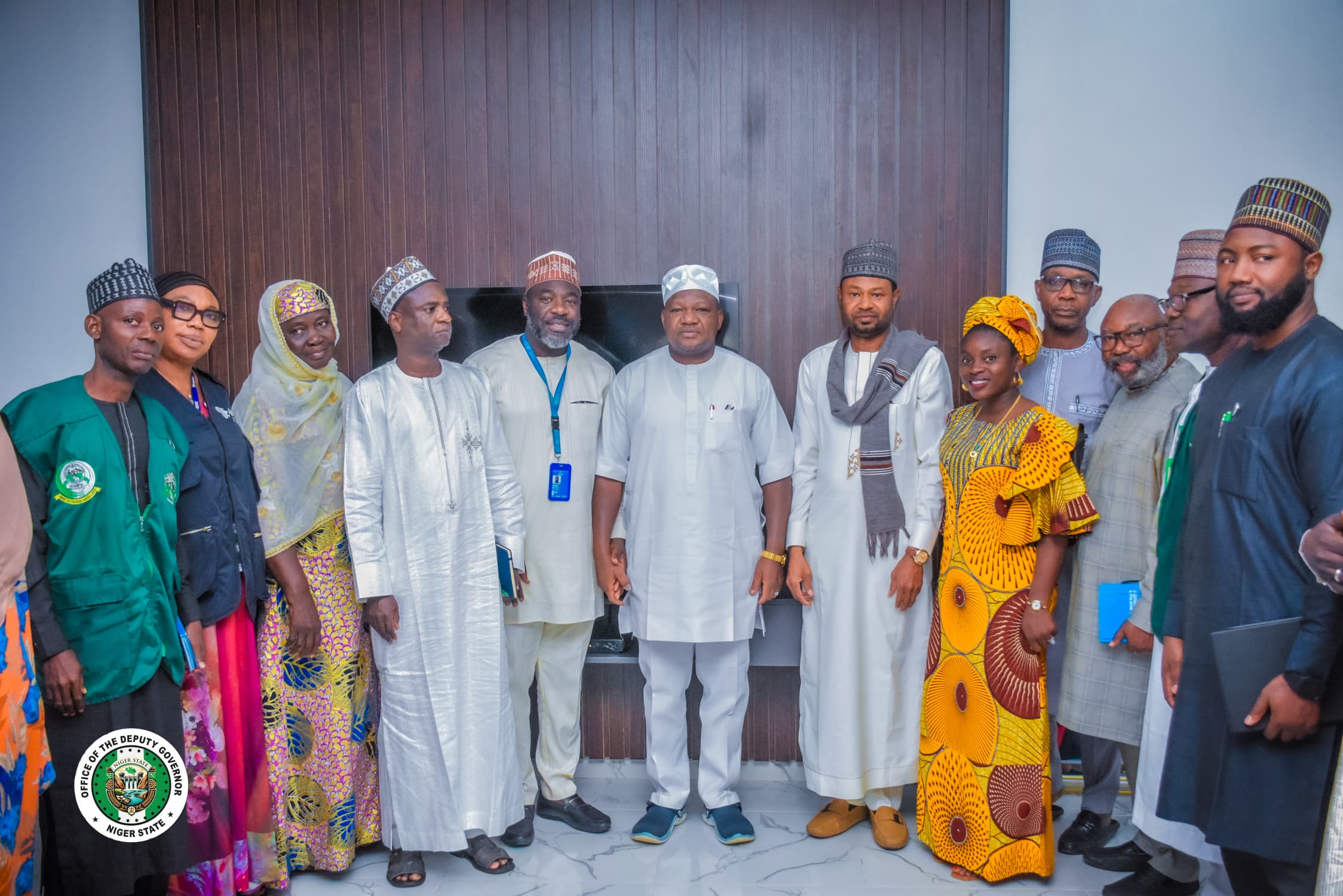
 84
84
 10
10
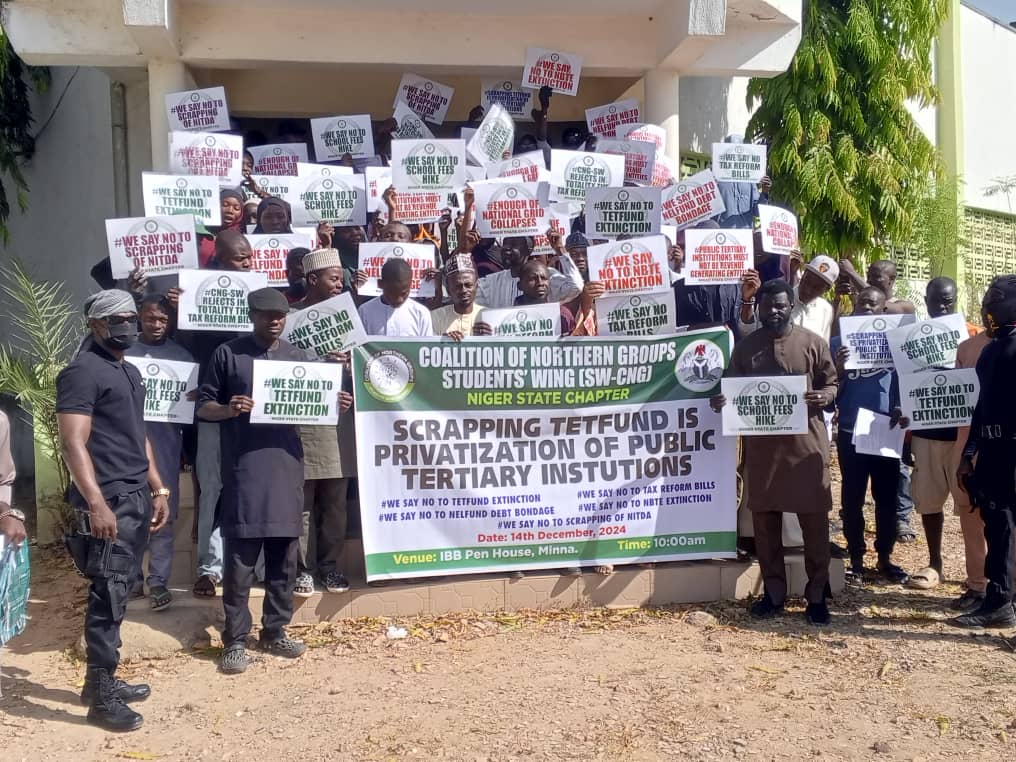
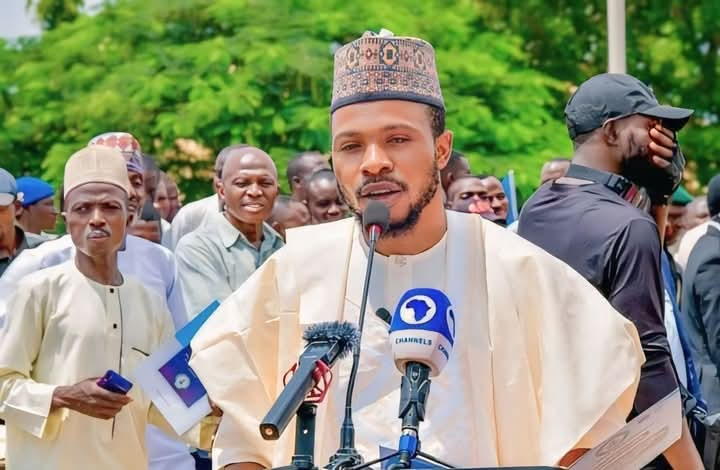
.jpg)
